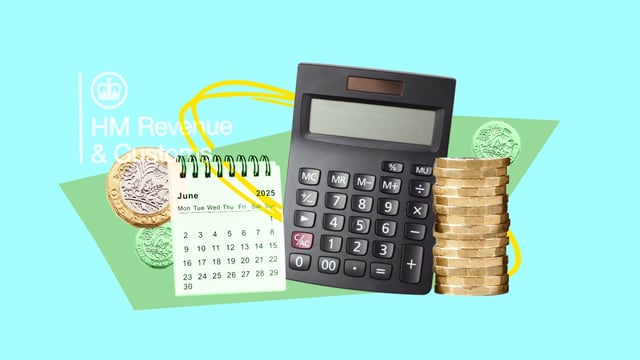Overview
- Tax Freedom Day falls on June 12, marking the latest date since 1981 for Britons to stop working for the state
- Rachel Reeves’s Spending Review commits to an extra £152 billion in deficits without reversing frozen income tax thresholds or promising cuts
- Adam Smith Institute projections warn Tax Freedom Day could slip to June 24 by 2028 and that levies may exceed half of national income by 2030 under current plans
- The UK’s national debt has topped £2.8 trillion, with interest payments now outpacing education spending and consuming almost a tenth of the state budget
- Frozen thresholds have pushed ordinary earners into higher brackets and the top 1 percent now shoulder 28.2 percent of total liabilities, raising fears wealthy individuals may leave the UK
